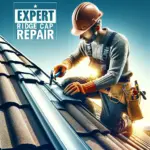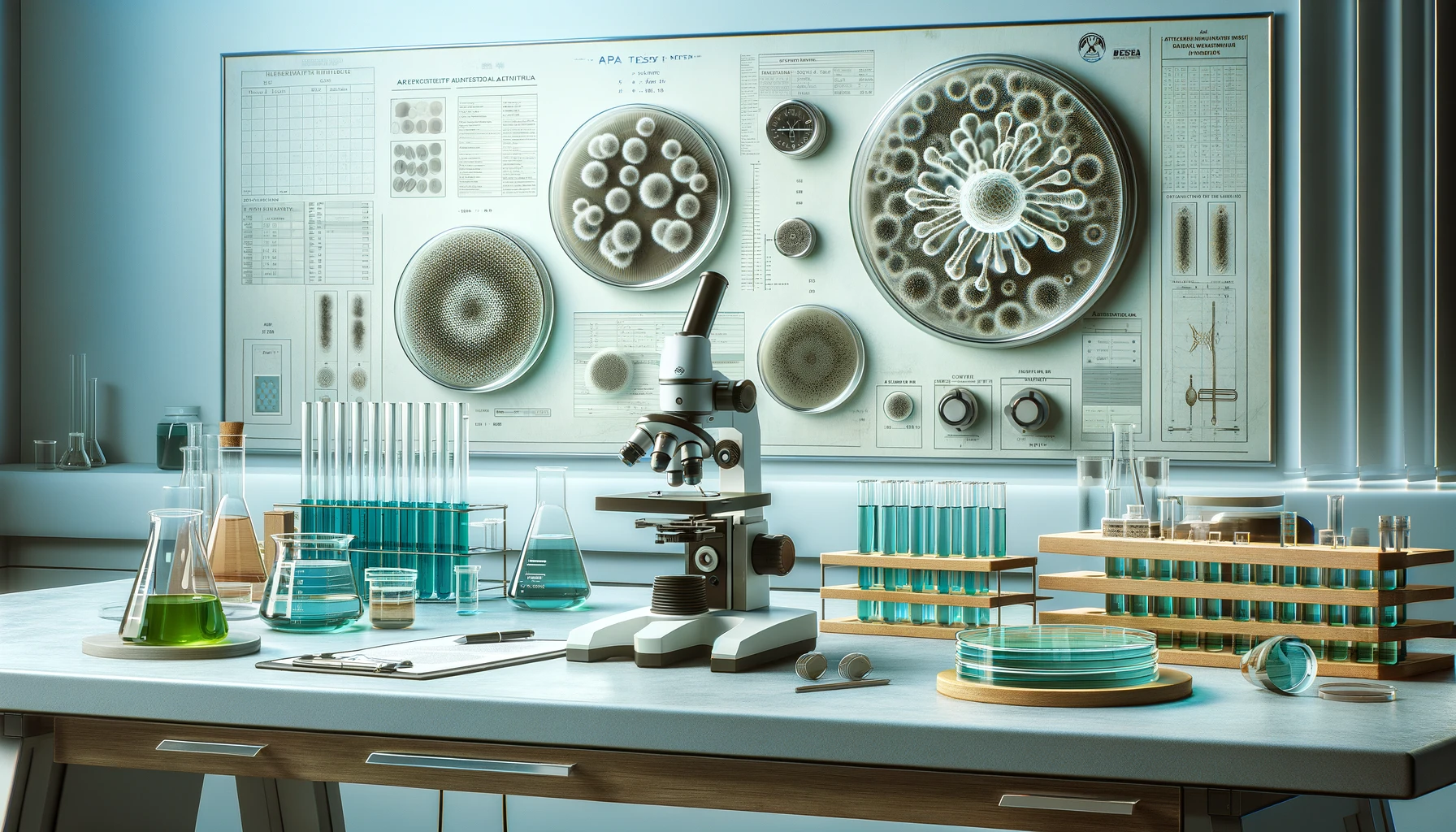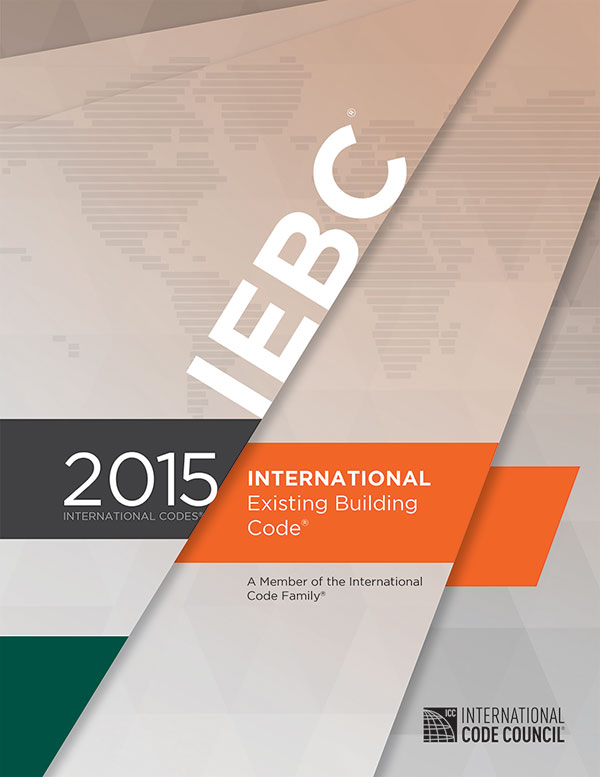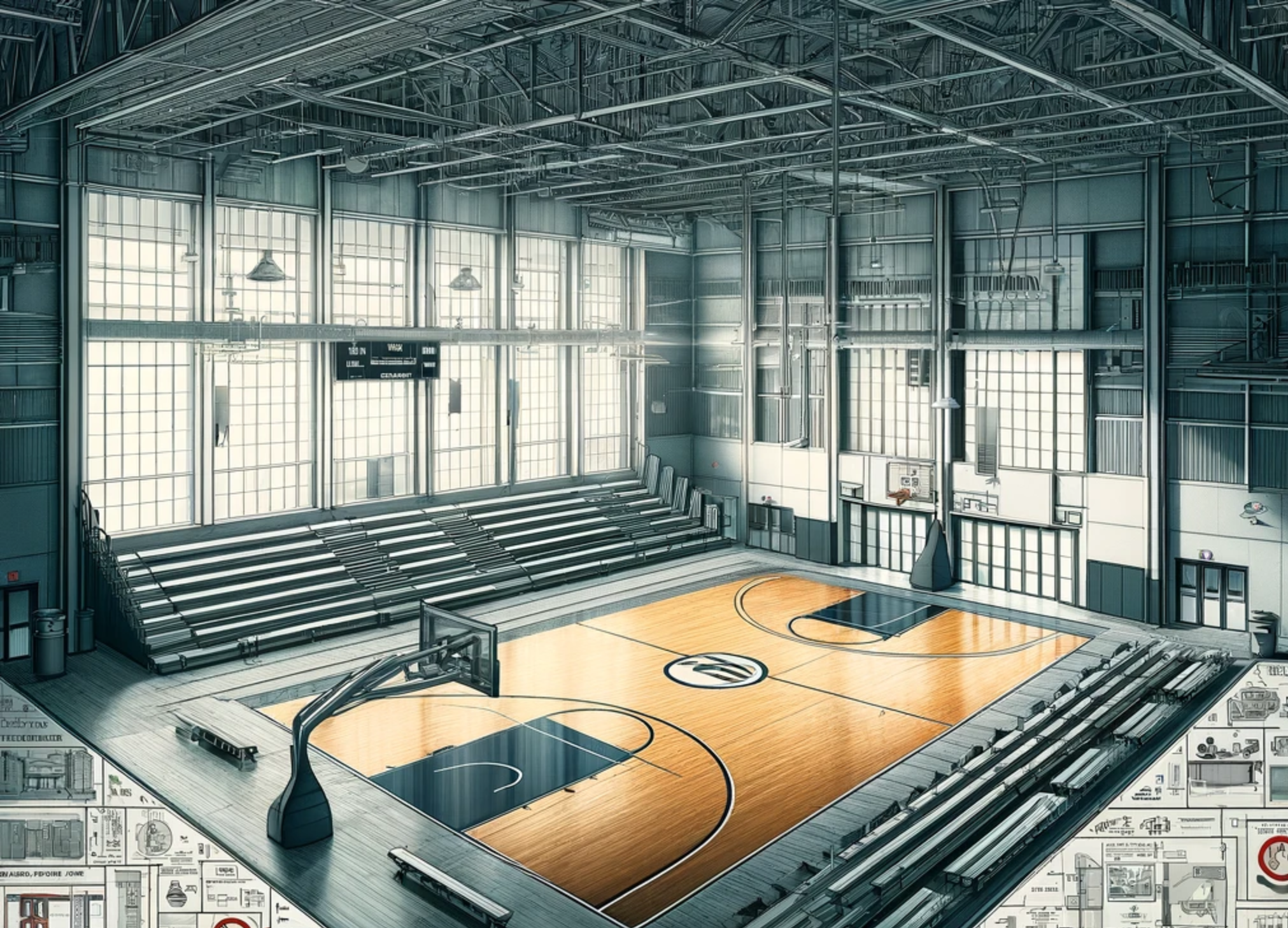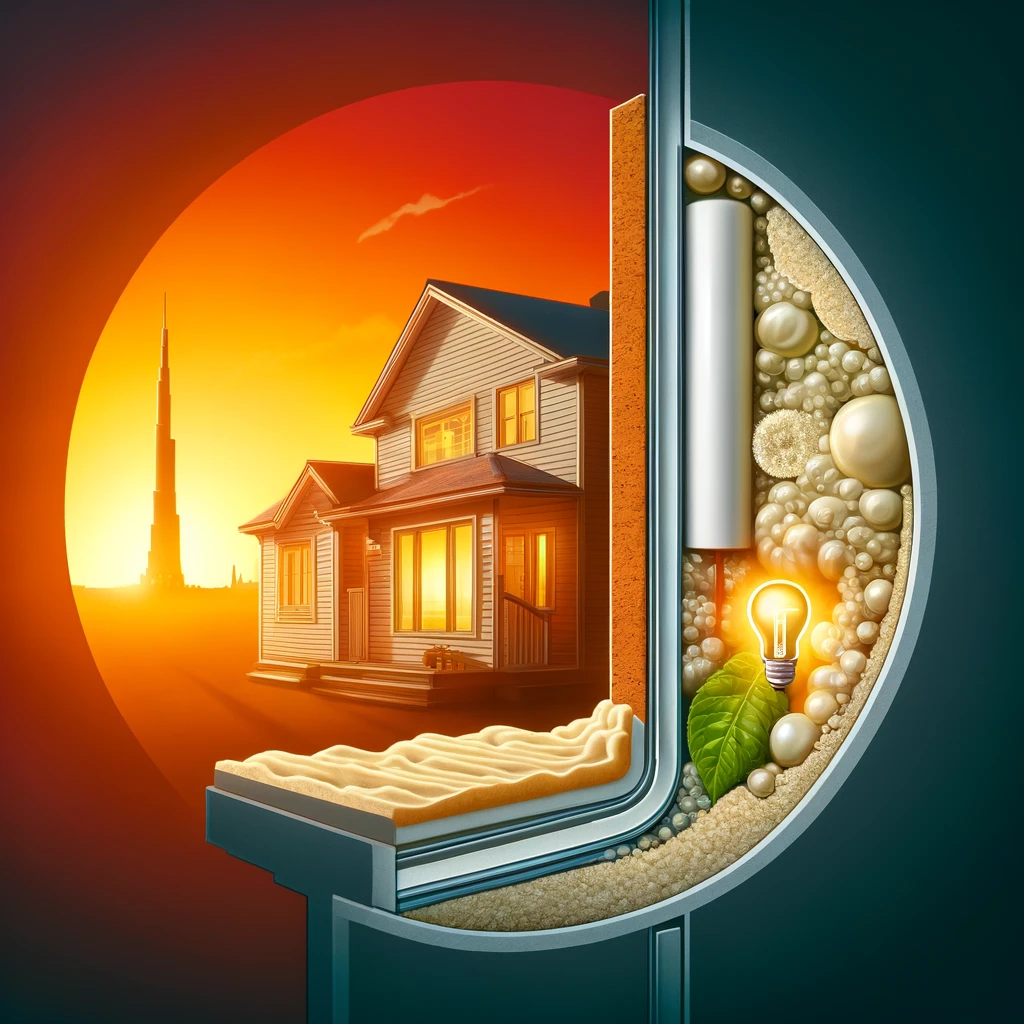At Allied Emergency Services, INC, we recognize the importance of using materials that can withstand the rigors of bacterial growth, especially in moisture-prone environments. The APA Test Method D-3 offers a systematic approach to ensure adhesive systems in wood panels maintain their bond integrity under such challenging conditions.
The Backbone of the Test The D-3 test method is specifically designed to determine the resistance of adhesive systems to bacterial attacks. It simulates conditions conducive to bacterial growth to ensure the adhesive can hold strong even in the toughest of situations.
Preparing for Precision Depending on the panel construction, the test requires different specimen preparations. For all-veneer panels, shear specimens are kerfed and tested for maximum breaking load. For other panels, including those with veneer, 1 inch by 5-inch specimens are used, cut to specific orientations to ensure a defect-free surface for accurate testing.
A Detailed Procedure The test involves an intricate process where veneer specimens are subjected to vacuum and pressure cycles in water, mimicking conditions outlined in the Voluntary Product Standard PS 1. For composite panels, specimens undergo a vacuum-soak test followed by drying and testing for breaking load. Specimens designated for bacteria exposure are immersed in a specific slurry designed to promote bacterial activity.
80 specimens, with odd numbers for bacteria exposure and even numbers as controls, creating four groups for testing are prepared.
The procedure involves vacuum and pressure cycles in water for veneer specimens. For composites and mat-formed panels, we follow the vacuum-soak and drying cycle of APA Test Method D-4. Exposed specimens are immersed in a soybean flour, water, and alder sawdust slurry, avoiding copper trays, and tested every three weeks over twelve weeks according to relevant APA standards.
Ensuring Quality Across the Board We rely on standards like the APA D-3 test to ensure the materials we use in your property restoration can stand the test of time and nature.
For more personalized guidance, consult with engineers and local building codes specific to your location. For immediate service or consultation, you may contact us at Allied Emergency Services, INC.
Contact Information:
- Phone: 1-800-792-0212
- Email: Info@AlliedEmergencyServices.com
- Location: Serving Illinois, Wisconsin, and Indiana with a focus on the greater Chicago area.
If you require immediate assistance or have specific questions, our human support is readily available to help you.
Disclaimer: This article is intended for informational purposes only. For professional advice, consult experts in the field
![How Much Does a New Roof Cost in Illinois? [2024 Pricing Guide]](https://www.news.alliedemergencyservices.com/wp-content/uploads/2024/05/DALL·E-2024-05-07-15.14.25-A-professional-roofing-contractor-inspecting-a-roof-in-the-foreground-of-a-picturesque-suburban-neighborhood-in-Illinois.-The-contractor-is-wearing-a--150x150.webp)



